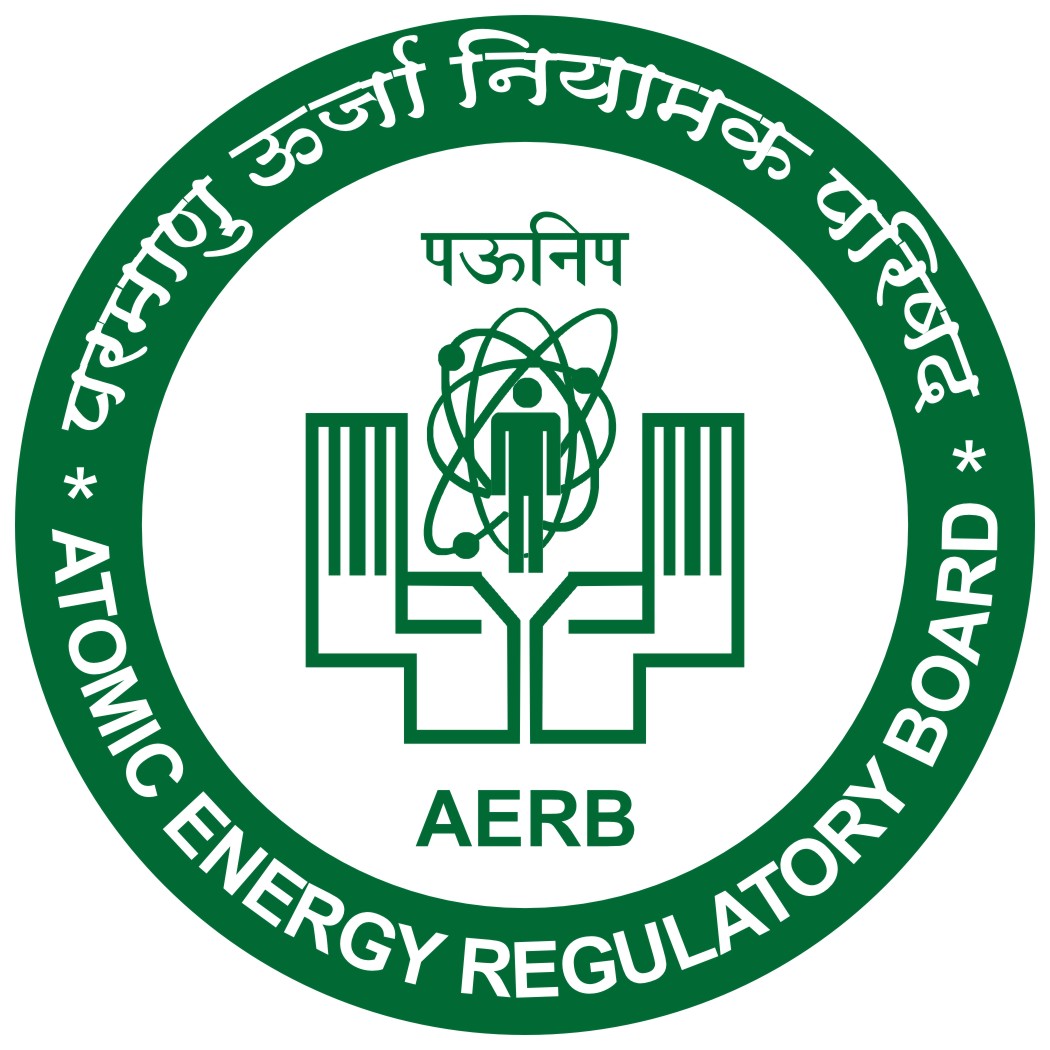India is moving forward with plans to build more nuclear reactors to supply power for their energy starved nation. Russia announced that they were in discussion to build twenty new reactors in India. The U.S. President just returned from a trip to India where he discussed one hundred and fifty eight billion dollars worth of nuclear reactor business for U.S. nuclear technology companies. I expressed my concern about the possibility of corruption leading to poor reactor construction and lax governmental regulation.
There are many critics of nuclear power in India and now a Parliamentary committee has issued a report that says that "India’s nuclear safety regime is fraught with grave risks because the country’s nuclear regulator was weak, under-resourced and slow in adopting international benchmarks and good practices in the areas of nuclear and radiation operation”. The bipartisan Public Accounts Committee eighty one page report was called "scathing." It was highly critical of the fact that after decades of delays, India still does not have an independent nuclear regulatory agency.
Australia refused to sell any of its huge reserves of uranium to India for years until the Gillard government authorized sales recently. India and Australia are currently discussing a nuclear safeguards agreement. Australia will only sell uranium for peaceful purposes and it has strict tracking rules for nuclear materials that are more stringent than the requirements of the International Atomic Energy Agency.
It is estimated that India currently has about a hundred nuclear warheads. India has refused to sign the international nuclear Non-Proliferation Treaty because it says that the treaty is discriminatory to new nuclear states. India insists that it needs to have these nuclear weapons because its neighbour and enemy Pakistan has nuclear weapons. During the recent visit by the U.S. President, the U.S. requirement for strict tacking of nuclear materials and technology was dropped in order to advance negotiations.
The committee report pointed out that India's Atomic Energy Regulatory Board (AERB) is a government agency and not an independent statutory body. The report said that “although AERB maintains liaison with international nuclear organisations, it has been slow in adopting international benchmarks and good practices in the areas of nuclear and radiation operation.” The AERB cannot set or enforce regulations governing radiation and nuclear safety. Currently, in many areas, there are no such regulations at all. The AERB was charged with developing such regulations by the Indian government in 1983 but has still not accomplished the task.
The report flatly stated that India was just not prepared to deal with a nuclear emergency. “Off-site emergency exercises carried out highlighted inadequate emergency preparedness even for situations where the radiological effects of an emergency origination from nuclear power plants are likely to extend beyond the site and affect the people around.” The maximum fine that the AERB can impose for infractions of what regulations do exist is about nine dollars.
India's auditor-general discovered last year that sixty percent of regulatory inspections for India's fleet of exiting nuclear power reactors were delayed for months or not carried out at all. With respect to nuclear plants under construction, delayed or absent inspections were about sixty six percent.
The Indian government remains strongly committed to nuclear power. It will be interesting to see what happens to public support when India has its first serious nuclear accident.
